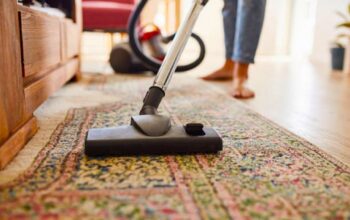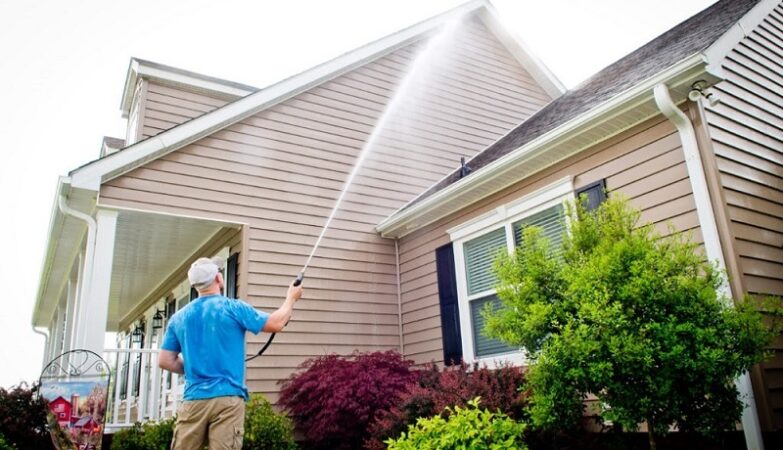Have you ever found yourself in the frustrating predicament of a clogged toilet that seems to happen every time you flush? If so, you’re not alone. This common plumbing issue can be a real nuisance, but fear not – we’re here to help you understand why it happens and what you can do to prevent it.
Understanding the Anatomy of a Toilet
To comprehend why your toilet seems to clog repeatedly, it’s essential to start by understanding the basic anatomy of a toilet. A typical toilet consists of several components, including the bowl, the trapway, the flush valve, and the tank. The process of flushing involves water from the tank rushing into the bowl, pushing waste through the trapway and into your home’s plumbing system.
The Culprits Behind Frequent Toilet Clogs
Now that we’ve got the basics covered, let’s delve into the reasons behind those frustrating recurring toilet clogs:
1. Flushing Inappropriate Items
One of the primary causes of frequent toilet clogs is flushing items that should never be disposed of in a toilet. Items like paper towels, sanitary products, and baby wipes can quickly obstruct the trapway, leading to clogs.
2. Low-Flow Toilets
Many modern toilets are designed to conserve water, which is great for the environment and your water bill. However, these low-flow toilets may not always have the flushing power needed to clear the trapway effectively, especially if there’s a large volume of waste.
3. Older Plumbing Systems
If you live in an older home with plumbing systems that have seen better days, it’s more likely to experience toilet clogs. Old pipes can accumulate debris over time, reducing the flow and increasing the chances of clogs.
4. Hard Water Deposits
Mineral deposits from hard water can build up in your toilet’s trapway over time. This accumulation narrows the pathway for waste, making it easier for clogs to occur.
5. Improper Use of Toilet Paper
Even though toilet paper is designed to break down in water, excessive use or use of ultra-thick varieties can overwhelm your toilet’s flushing capacity.
Preventative Measures
Now that we’ve identified the culprits, let’s explore some preventive measures to keep your toilet clog-free:
1. Use a Plunger
Keep a plunger handy in your bathroom. When you notice the water level rising instead of draining after a flush, a few firm plunges can often dislodge the clog.
2. Dispose of Waste Properly
Remember, the toilet is not a trash can. Dispose of paper towels, wipes, and hygiene products in the trash, not the toilet.
3. Regular Maintenance
If you have an older plumbing system, consider scheduling regular maintenance checks. A plumber can identify and address issues before they lead to recurring clogs.
4. Install a High-Efficiency Toilet
Upgrading to a high-efficiency toilet can provide a more powerful flush while still conserving water. This can significantly reduce the chances of clogs.
5. Use Toilet Cleaners Sparingly
While it’s important to keep your toilet clean, excessive use of toilet cleaners can lead to the buildup of residue that contributes to clogs.
Conclusion
Dealing with a toilet that clogs every time you flush can be a frustrating experience, but understanding the causes and taking preventive measures can make a significant difference. By following these tips, you can enjoy a clog-free bathroom experience and maintain the proper functioning of your toilet.
FAQs
- How can I unclog my toilet if it happens frequently?
If you frequently encounter toilet clogs, invest in a high-quality plunger and use it as needed. If the problem persists, consider consulting a plumber to address any underlying issues.
- Are there any DIY methods to prevent toilet clogs?
Yes, you can prevent clogs by using toilet paper sparingly, avoiding flushing non-biodegradable items, and scheduling regular plumbing maintenance.
- Can hard water contribute to frequent toilet clogs?
Yes, hard water can lead to mineral deposits in the toilet trapway, increasing the likelihood of clogs. Consider using a water softener to mitigate this issue.
- Should I replace my old toilet with a high-efficiency model?
If you have an old toilet and frequently experience clogs, upgrading to a high-efficiency toilet is a wise choice. It can save water and provide better flushing power.
- What should I do if none of the preventive measures work?
If you’ve tried all the preventive measures and still face frequent toilet clogs, it’s time to call a professional plumber. They can diagnose and resolve the issue effectively.








